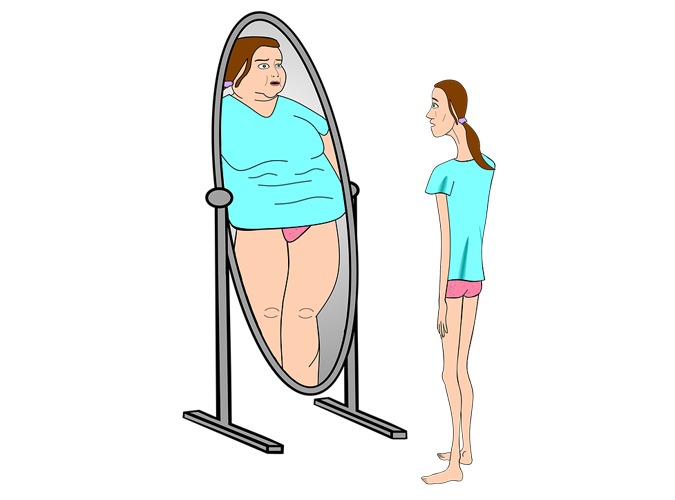It might seem counter intuitive, but many experts consider relapse to be a normal part of the recovery process. In the weeks and months following bulimia nervosa treatment, relapses are to be expected. However, that doesn’t mean they should be promoted. The loved ones of a recent graduate should be aware of the best ways to speak to them to avoid triggering a relapse.
The best way to describe relapse as it relates to bulimia nervosa is the reoccurrence of disordered behaviors during a period of absence. Typically, relapses are caused by intense stress, which prompts a return to previous coping mechanisms. While it is common for teens to feel guilt or frustration surrounding a relapse, they can be avoided and mitigated.
How Can Parents Talk to Teens Showing Bulimia Nervosa Symptoms or Signs of a Relapse?
1. Always Use Compassion and Understanding
Bulimia nervosa treatment can be a long and difficult process This means that it is essential for parents and loved ones to show compassion and understanding about what they are going through. Recognizing the challenges goes a long way toward showing the adolescent you’re on their side and are there for support. That knowledge can act as a foundation for a smoother recovery.
2. Acknowledge That Relapse Is Not a Failure
Once parents have taken the time to validate their teen’s feelings by expressing compassion and understanding for their situation, it’s a good idea to let them know ahead of time that a relapse is just a setback, not the end of recovery. This doesn’t mean you should take a relapse lightly; instead, let them know that you won’t judge or punish them for the relapse. Taking the time to normalize relapses can help them avoid feelings of guilt or shame that can stop them from getting their recovery back on a positive track.
3. Discuss A Different Bulimia Nervosa Treatment Option
Eating disorders are pervasive and difficult to overcome. Often, a single stay at a treatment center will help, but after a long period, the symptoms come back. if they have been experiencing relapse for 2 weeks or more, most people with an eating disorder will benefit from another treatment session —including day treatment or a residential program. They can build on the treatment they received earlier and make further progress toward a full recovery.
4. Focus on Long-Term Goals
Parents should remember that long-term recovery from a bulimia nervosa is 100 percent possible. While the road to recovery can be very challenging, the alternative path is grim – untreated cases of bulimia nervosa often lead to severe consequences, including death. With the help of early intervention and a reliable support system surrounding them, adolescents with bulimia nervosa can look past the minutiae of their day to day symptoms and focus on building a fully recovered life. Setting goals in general can be useful and something to consider.
5. No Judgment!
Disordered eating behaviors associated with bulimia nervosa and other eating disorders are often associated with feelings of guilt and shame. These can compound low self-esteem and force a person back into the kinds of disordered behaviors they’ve been trying to avoid. Often the individual is willing to come forward and ask for help when a relapse occurs; this kind of call for help should never be judged or handled in a way that assigns blame. Usually, the relapse occurs when stress or anxiety levels are high, and further raising that stress is counterproductive.
Learn More About Bulimia Nervosa Treatment for Teenagers
In the moment, a relapse can feel like a disaster for teens with bulimia nervosa and their families, but it’s important to keep in mind that relapse is natural and that it’s not a cause for finger-pointing or assigning blame. For teens who have come home after a stay in a treatment center for bulimia nervosa, it’s very common to go through several stages of recovery—which sometimes includes steps forward and a few steps backward as well.
If you or a loved one has been diagnosed with bulimia nervosa and are interested in learning more about available adolescent recovery programs, please reach out to your doctor or a quality eating disorder treatment center.

